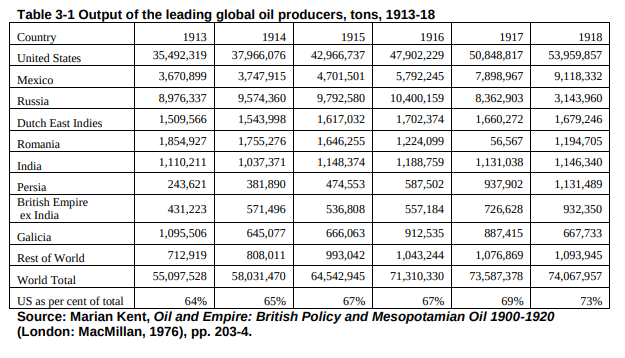Oddly enough, Wilhem was largely taken out of the decision process halfway into the war, it would likely be Hindenburg and his posse that might do that, although they are just as likely not to do it due to the necessary training, manpower, and material isn't there on the western front.
Actually it was the war stalling out that resulted in Hindenburg and Ludendorff coming to power. If the U.S. actually enters the war on the side of the Central Powers, it likely means that they don’t get the opportunity, since the British likely peace out ASAP or else lose Canada (which means France is fucked),
or they hang in but have to give up because once Russia falls (and it will), all Germany has to do is hold its position until the U.S. Army arrives in force.
I do not expect anybody to invade and occupy the USA.
Which works both ways as the USA cannot meaningfully harm the Entente i.e. attack its core territories either.
However, the USA wins by forcing Europeans to make peace*, meaning that the USA can go back to selling stuff to everybody.
* which I've read Wilson was planning to do in OTL before Germany committed "suicide by cop" by the USW and Zimmerman Telegram combo.
Oh, nobody is landing troops in sufficient numbers on the CONUS unless they have a staging base to do it. My point was saying the kind of power it would take to actually pull it off.
As far as the U.S. goes, they cannot do it by themselves, no, but if they have a sufficiently large staging base to deploy troops from such as, oh, I don’t know, Germany, they absolutely can. And if they’re fighting against the British, the U.S. is going to speed up naval construction because unlike Germany, the British can threaten the CONUS because Canada can be used as a staging base.
The moment the U.S. enters the war with the CP, the British will peace out. The Entente succeeded because they had access to U.S. production and a more or less unlimited line of credit until 1917 (at which point they would have been cut off if the U.S. entered the war).
Beyond that, I’d suggest checking out the 10+ threads on UK vs USA on this (there’s also a “RN+MN vs USN” thread that didn’t get cataloged but is also basically the same). They all come to the same conclusion (except for a pair of Teaboos who can’t accept that the RN and Britain can
ever be defeated): namely, that the U.S. would be the ultimate “winner” (insofar as any peace is going to involve them getting part if not all of Canada and probably Bermuda and other territory in the Caribbean).

